In Re: Sreerangayee v. Respondent
Poverty and punishment — where mercy meets the law (Madras High Court, 1973).

Quick Summary
Case Title: In Re: Sreerangayee v. Respondent | Citation: (1973) 1 MLJ 231
The Court accepted that poverty does not excuse murder. But it can be a mitigating factor while fixing punishment. Here, after confirming the facts and confession, the High Court commuted the sentence to one year rigorous imprisonment covering both counts (IPC 302 and 309).
Issues
- Was the original sentence proportionate to the offence proved?
- Can poverty be a legal justification for grave offences, or only a ground for leniency in sentencing?
Rules
Principle: Poverty cannot justify grave offences. It may be considered while awarding punishment and encouraging reformation.
- IPC 302 — Murder (substantive offence).
- IPC 309 — Attempt to commit suicide.
- Commutation/leniency may be recommended or ordered considering circumstances and reform.
Facts — Timeline

Hardship at home: The couple lived in a rented house. Income was extremely low. The husband neglected the family and had a relationship with Parvathi, who stayed with them.
Debt & distress: Rent unpaid; household goods pledged for cash. Children were ill and starving; money for treatment was demanded.
Attempted suicide reported: Women cried that a woman had fallen in a well. She was rescued unconscious and taken home—she had jumped to end her life.
Confession on revival: She said she had killed her five children due to poverty—first spoke of poison, and admitted pressing their heads into a water tub.
Discovery: The house was opened. All five children were found dead near the tub.
Medical proof: Post-mortem reports confirmed death by forcible immersion in water. The confession was consistent with medical findings.
Trial: Sessions Judge, after full evidence, convicted her—life imprisonment under IPC 302 and one year simple imprisonment under IPC 309. A recommendation for commutation was noted.
Appeal: She urged that poverty and neglect should justify or reduce liability. She detailed extreme need and exploitation around her.
Arguments
State / Prosecution
- Grave offence proved by confession plus medical evidence.
- Poverty cannot legally justify killing children.
- Any leniency belongs to sentencing, not to guilt.
Appellant
- Extreme poverty, neglect, and exploitation pushed her beyond endurance.
- Requested the Court to treat conditions as a ground for mercy and reduction of punishment.
Judgment

Held: The High Court ruled that poverty cannot justify the offence. However, considering the exceptional distress and the aim of reformation, the Court commuted the sentence and ordered rigorous imprisonment for one year in total, in place of the life term under IPC 302 and the separate sentence under IPC 309.
Ratio Decidendi
Poverty is a mitigating factor, not a defence. Courts must separate liability from punishment: harsh life conditions may soften the sentence to support reform, but they do not erase the offence.
Why It Matters
- Draws a clear line between excuses and mitigation.
- Shows how courts may tailor punishment to aid reformation in tragic social contexts.
- Useful for exams on sentencing principles and mitigating circumstances.
Key Takeaways
- Poverty cannot legalise grave offences.
- Mitigation can reduce punishment and support reform.
- Confession + medical evidence can firmly establish guilt.
- Final sentence here: RI for one year (total for IPC 302 & 309).
Mnemonic + 3-Step Hook
Mnemonic: “Poor? Not a Door.”
- Poor: Poverty shown and heard.
- Not a Door: It is not a doorway to defence.
- But a Floor: It lowers the floor of punishment through mitigation.
IRAC Outline
Issue: Whether the sentence matched the offence and whether poverty could justify or only mitigate.
Rule: Poverty cannot justify grave offences; it may guide commutation for reformation.
Application: Facts and medical proof established murder. The Court weighed extreme distress and moved towards mercy at the punishment stage.
Conclusion: Conviction stands; sentence commuted to one year RI for both IPC 302 and 309.
Glossary
- Mitigating Factor
- A circumstance that reduces the severity of punishment but does not remove guilt.
- Commutation
- Changing a sentence to a lesser one, often for reasons of mercy or reform.
- Rigorous Imprisonment (RI)
- Imprisonment with compulsory labour, as distinct from simple imprisonment.
FAQs
Related Cases
Mitigation & Sentencing
Cases where social hardship influenced the degree of punishment.
Homicide & Mercy
Judgments discussing reformation goals alongside public safety.
Share
Related Post
Tags
Archive
Popular & Recent Post






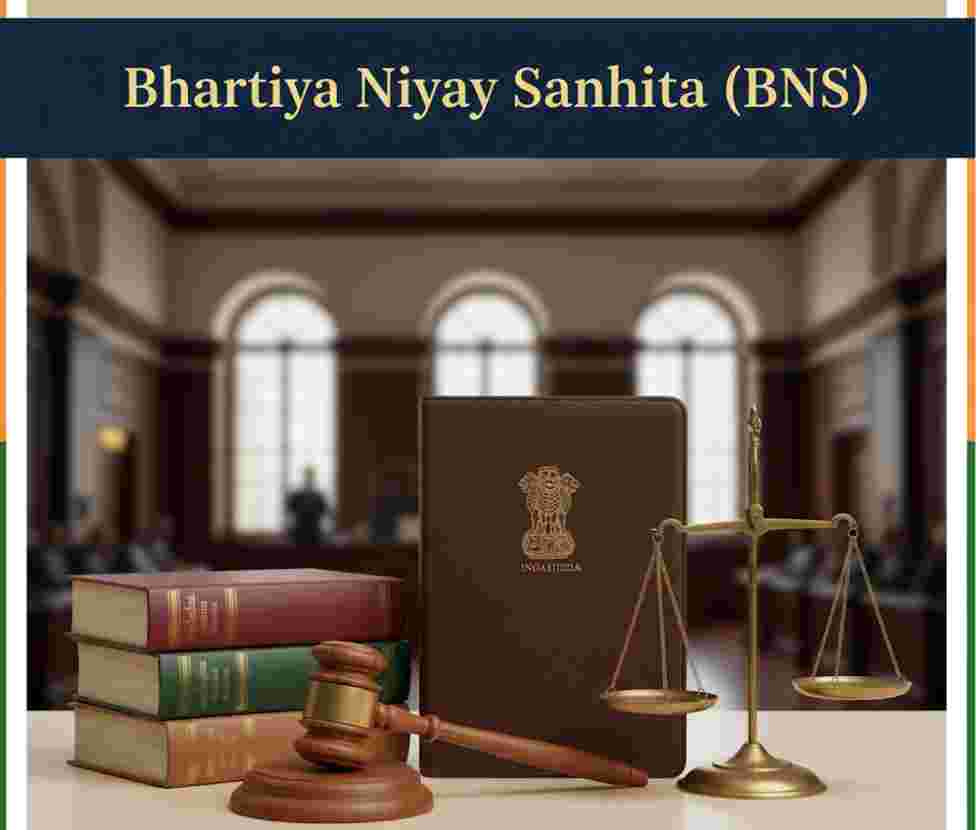
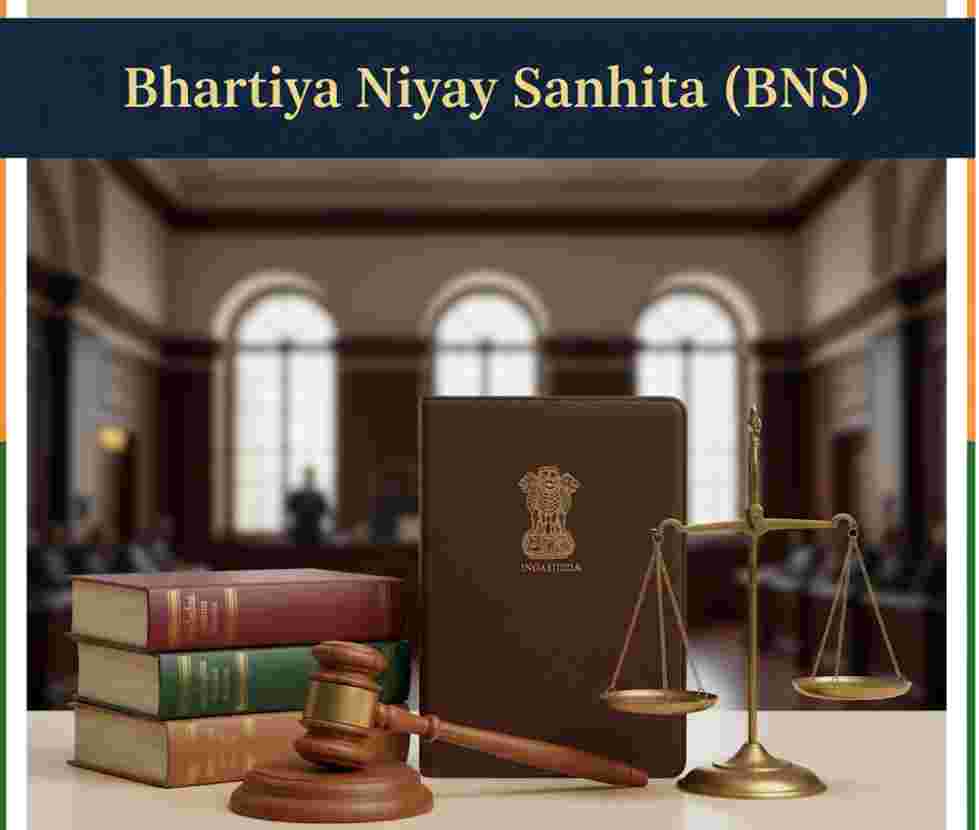
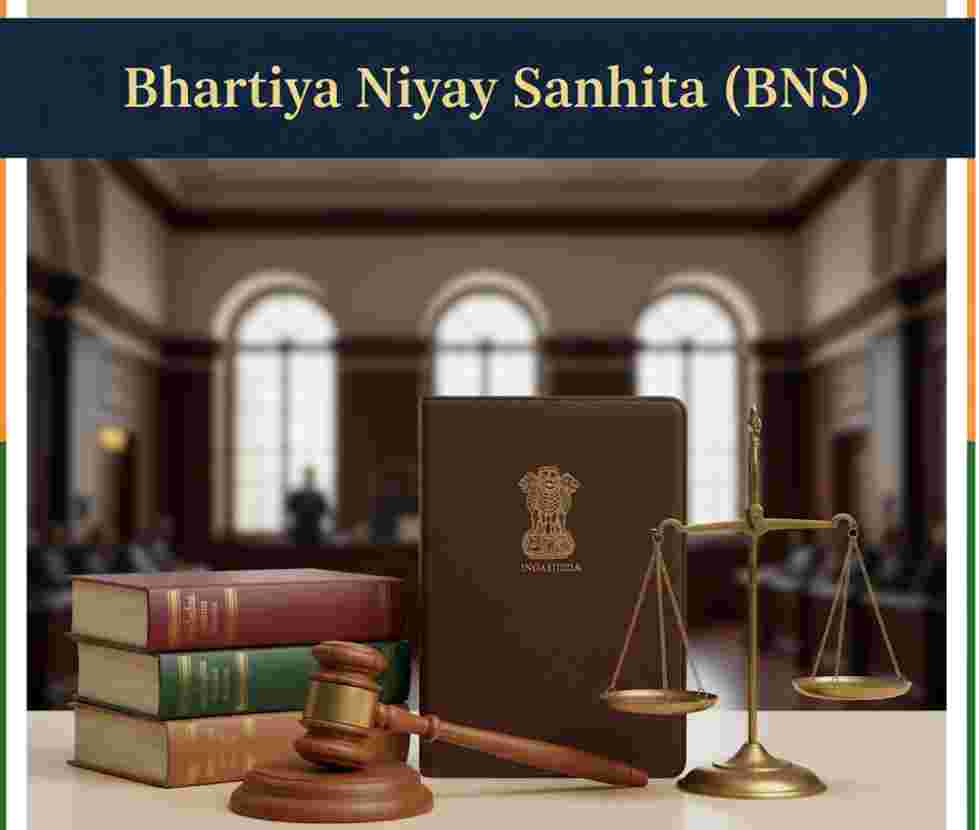
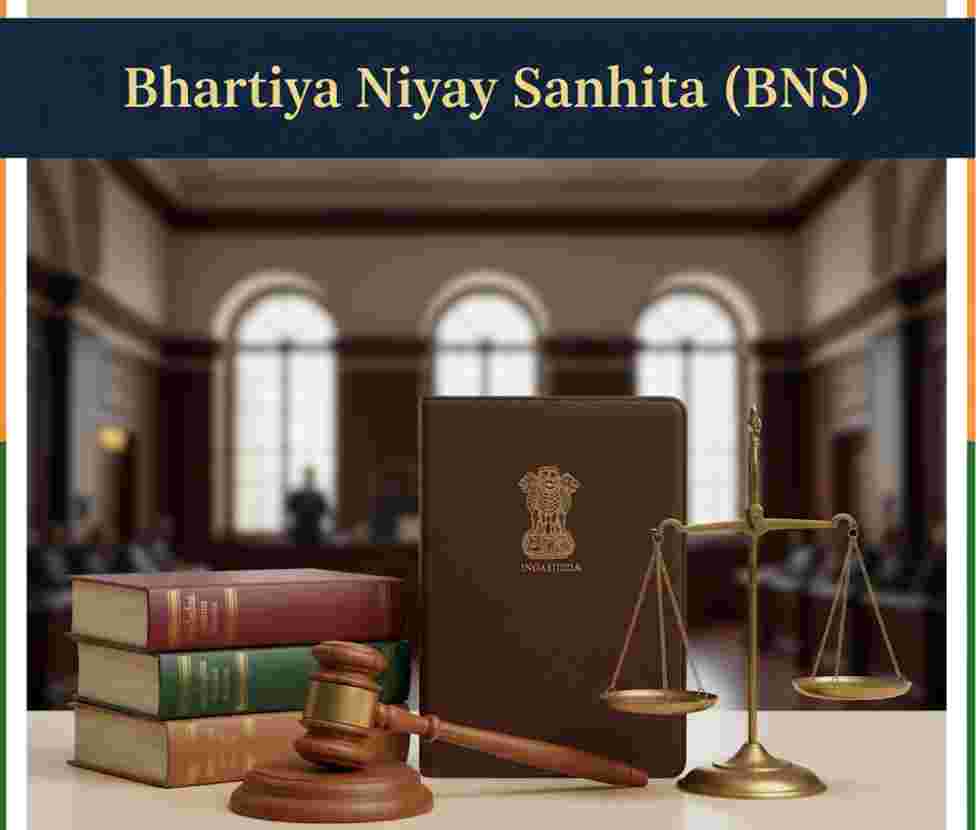
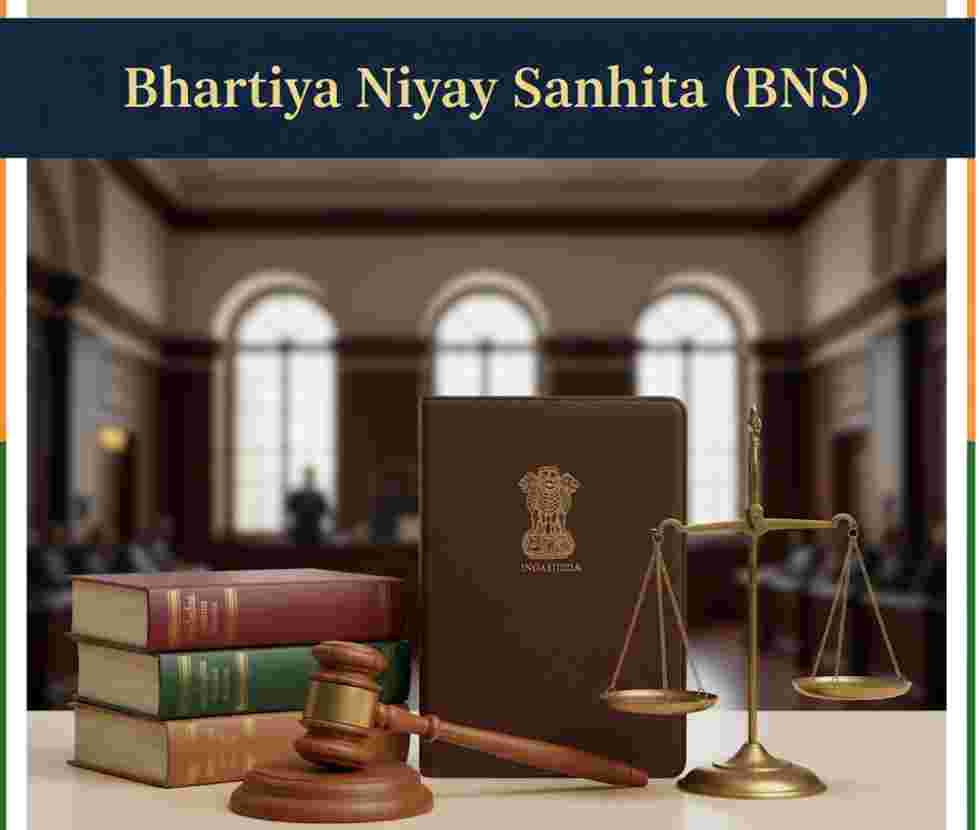
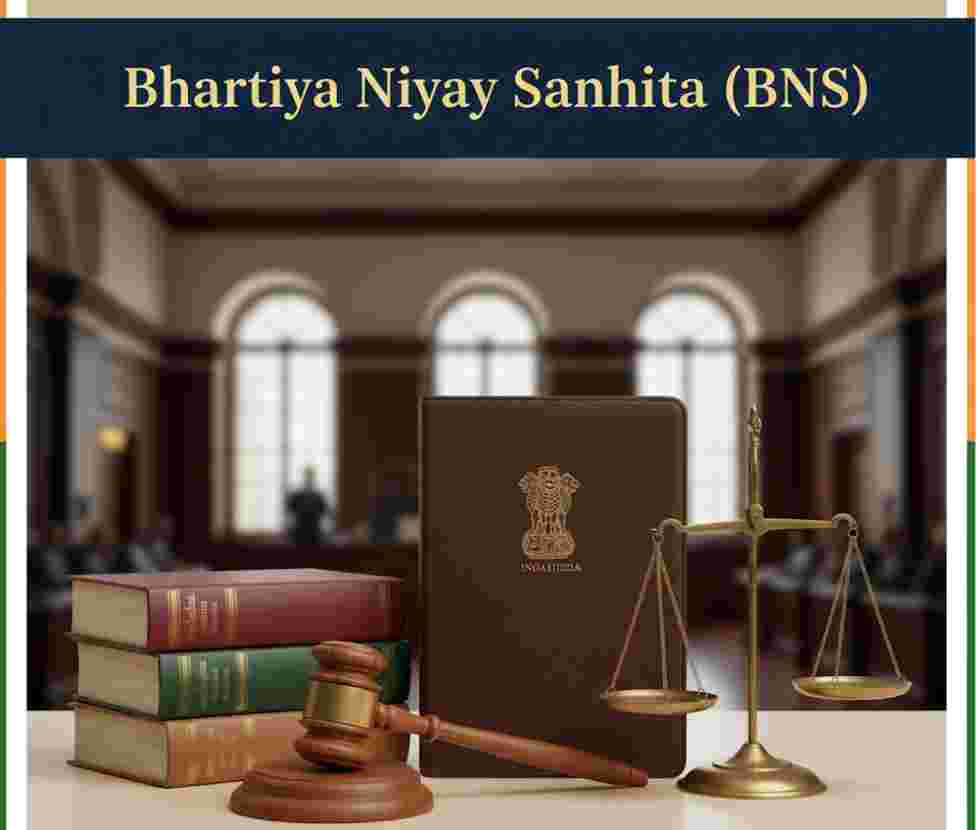
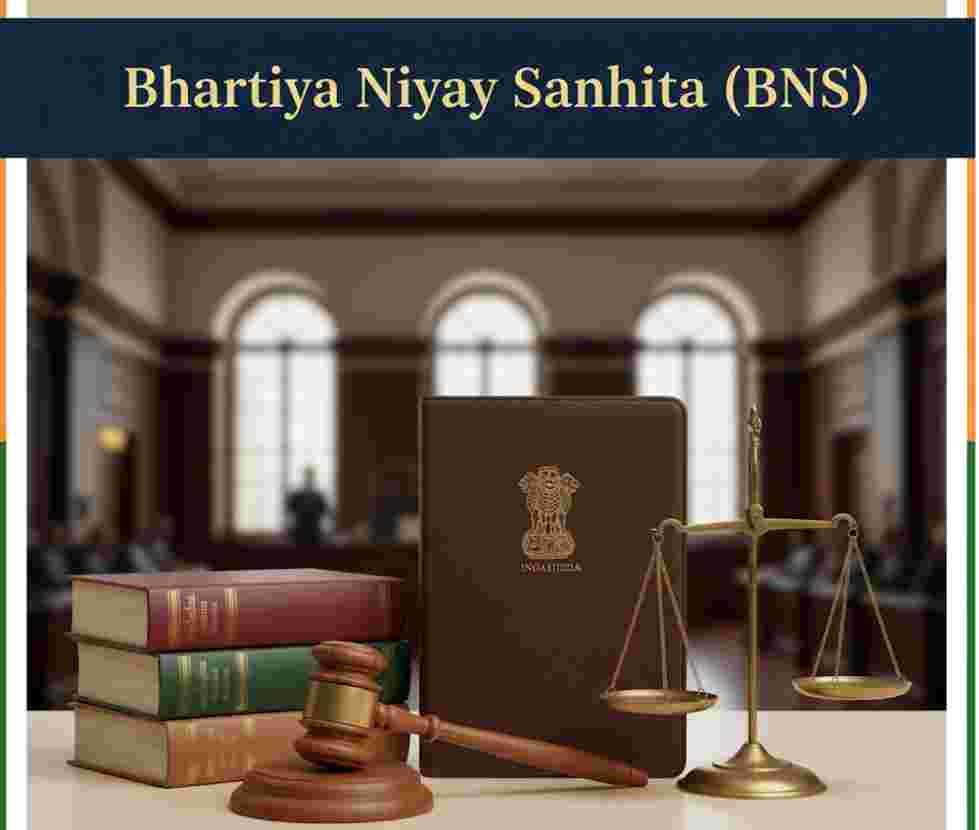
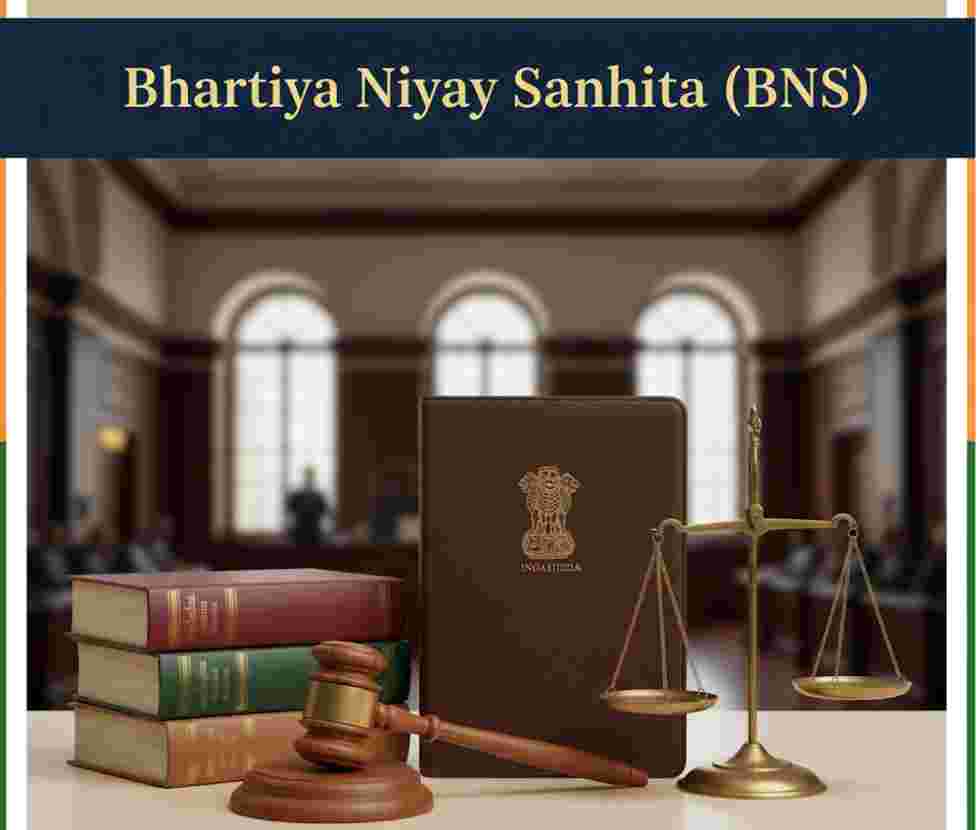
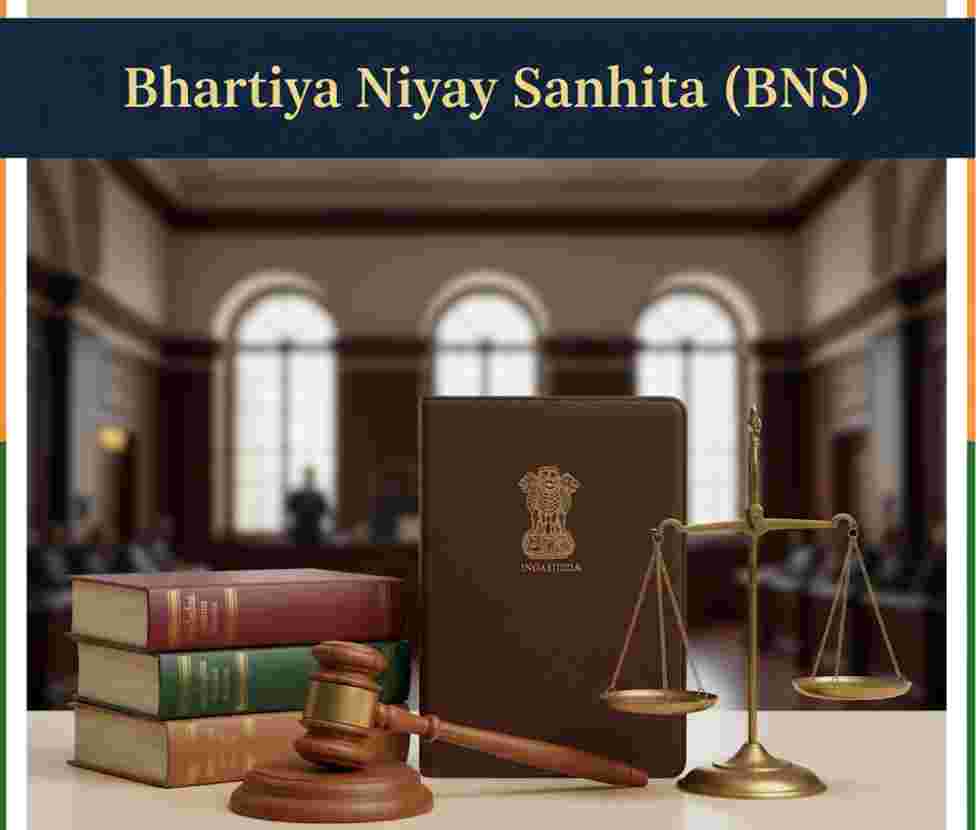
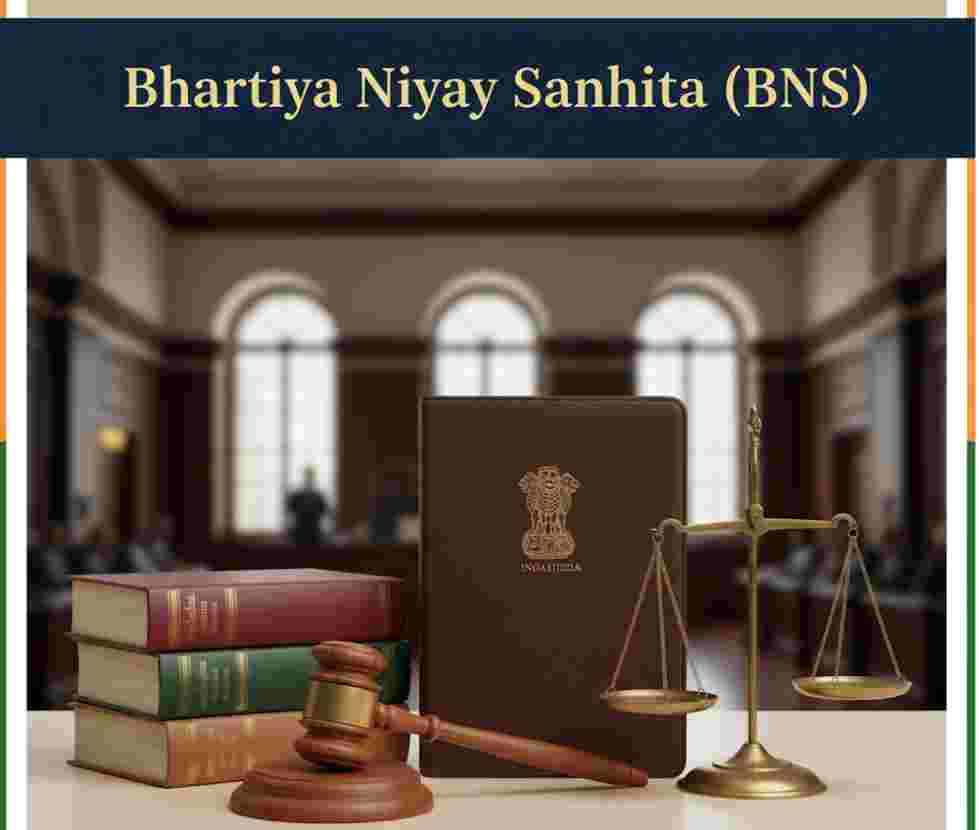
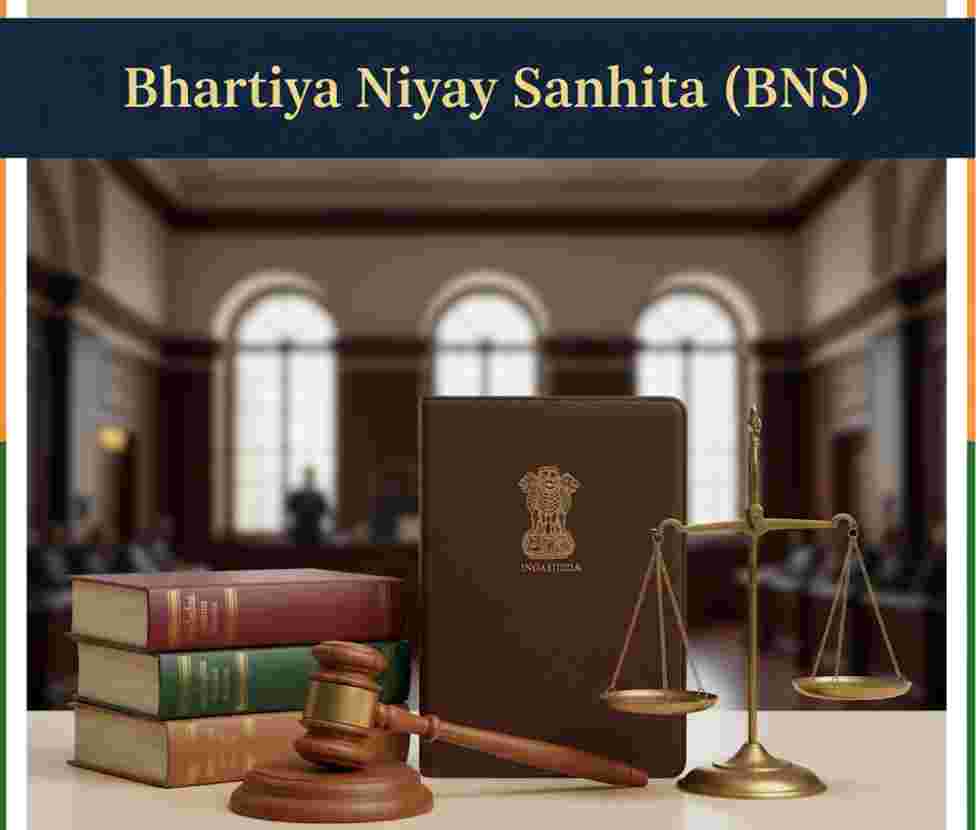
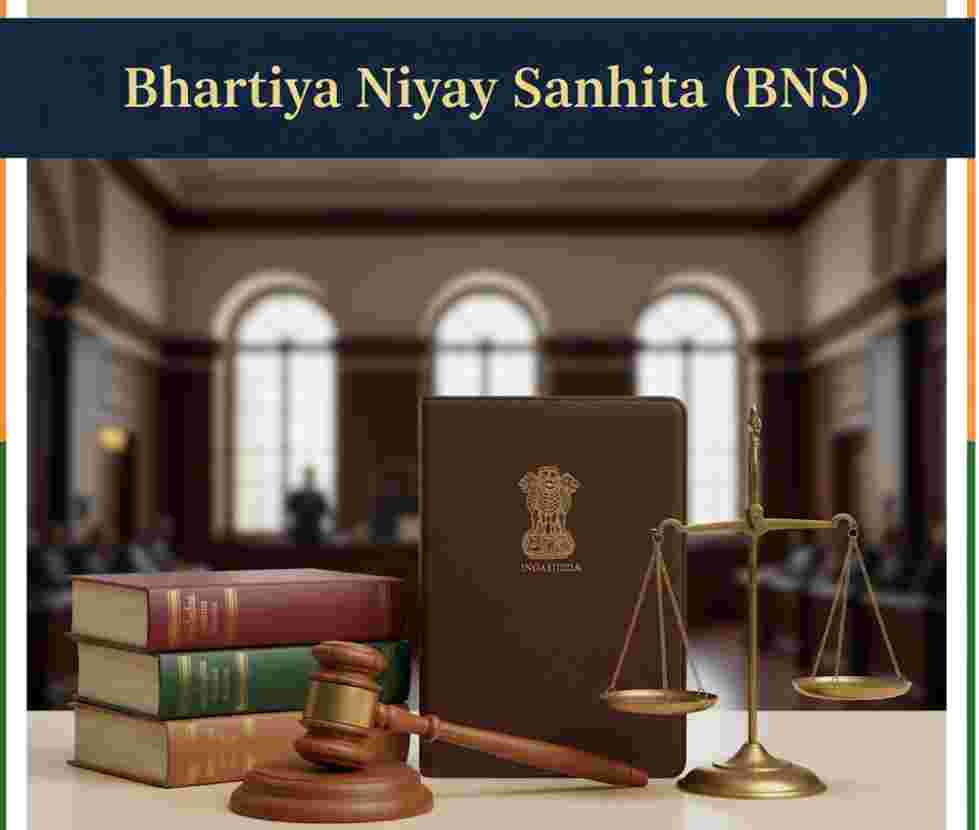
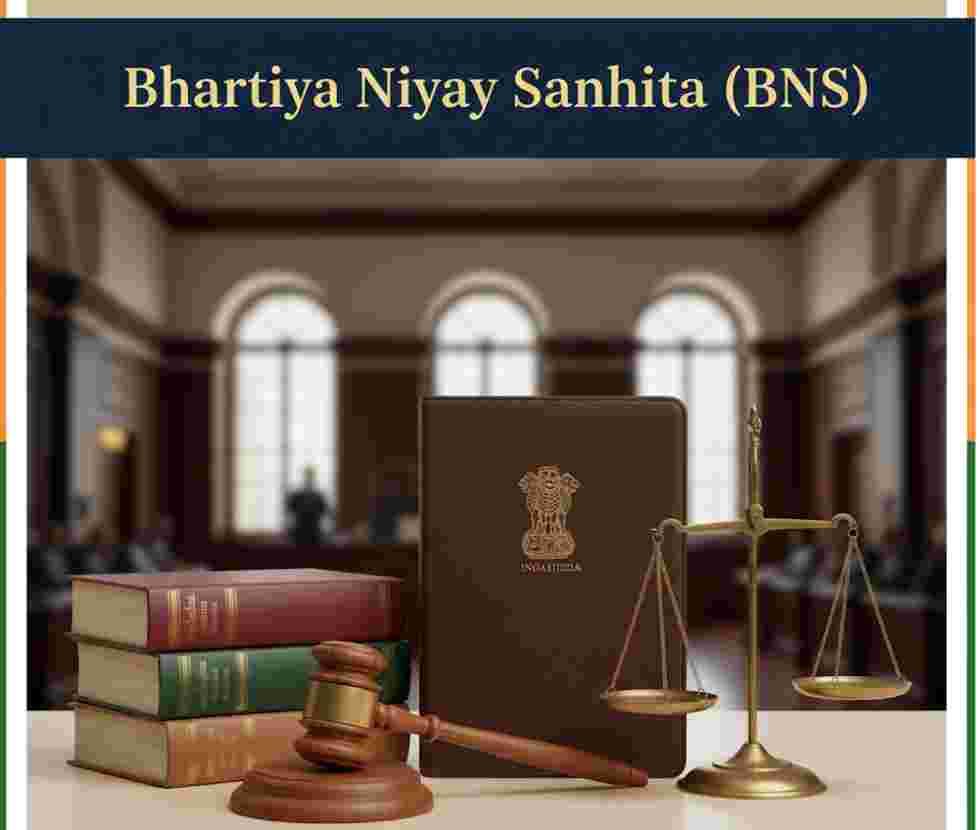
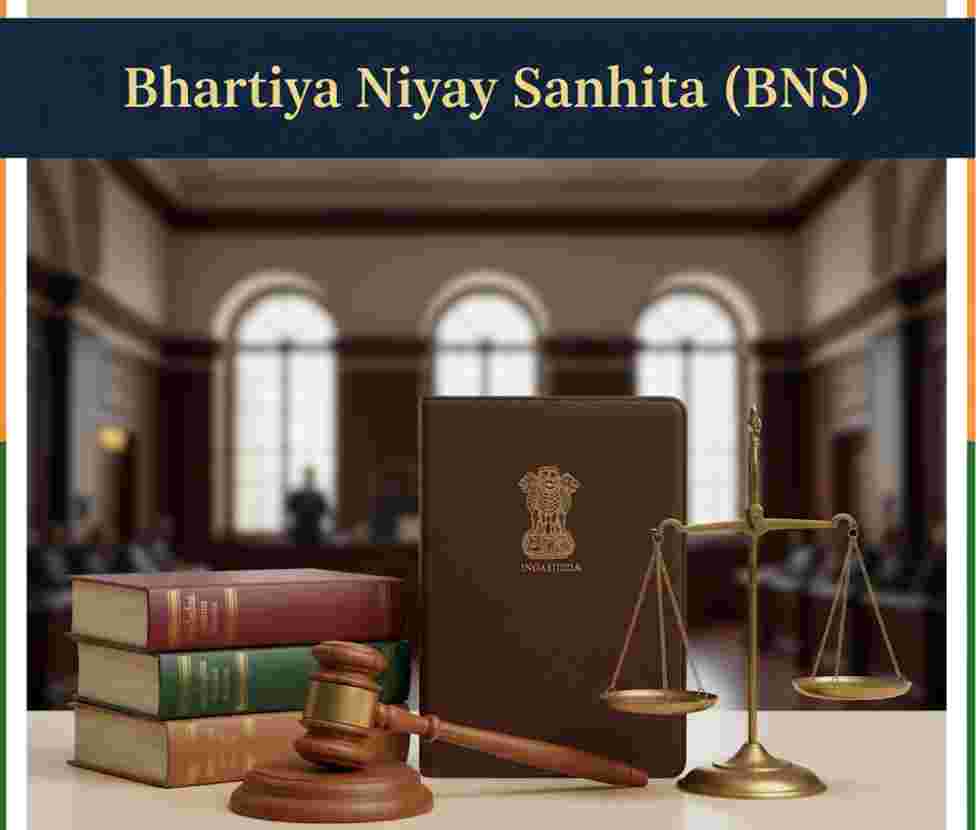
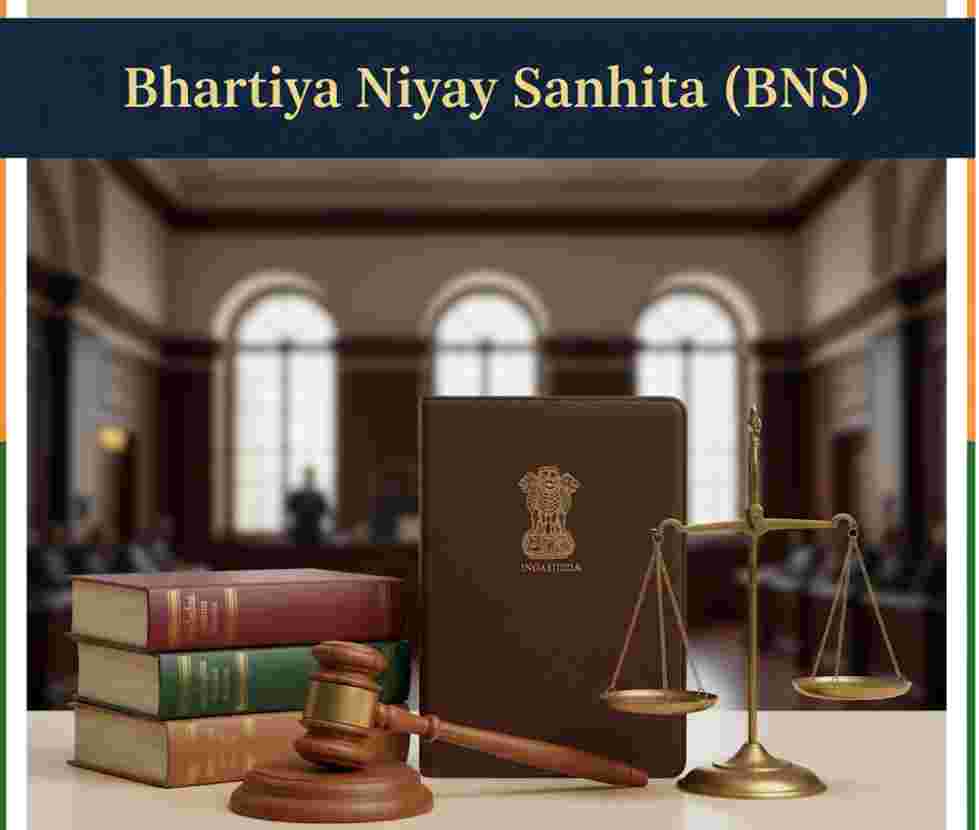
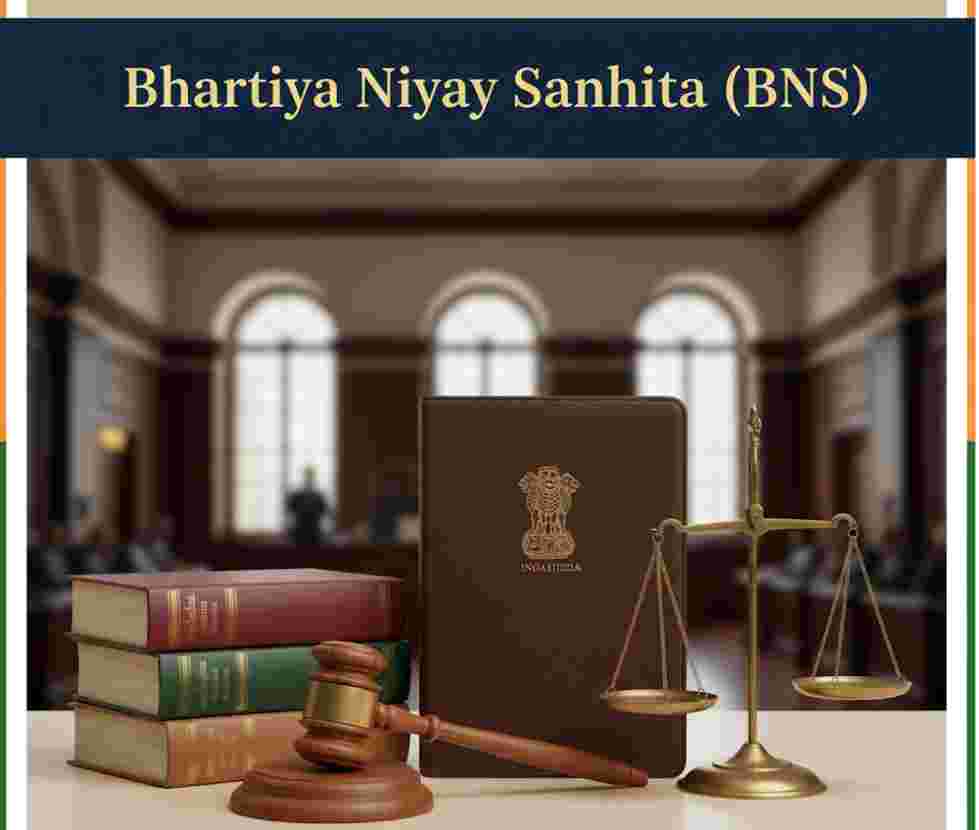
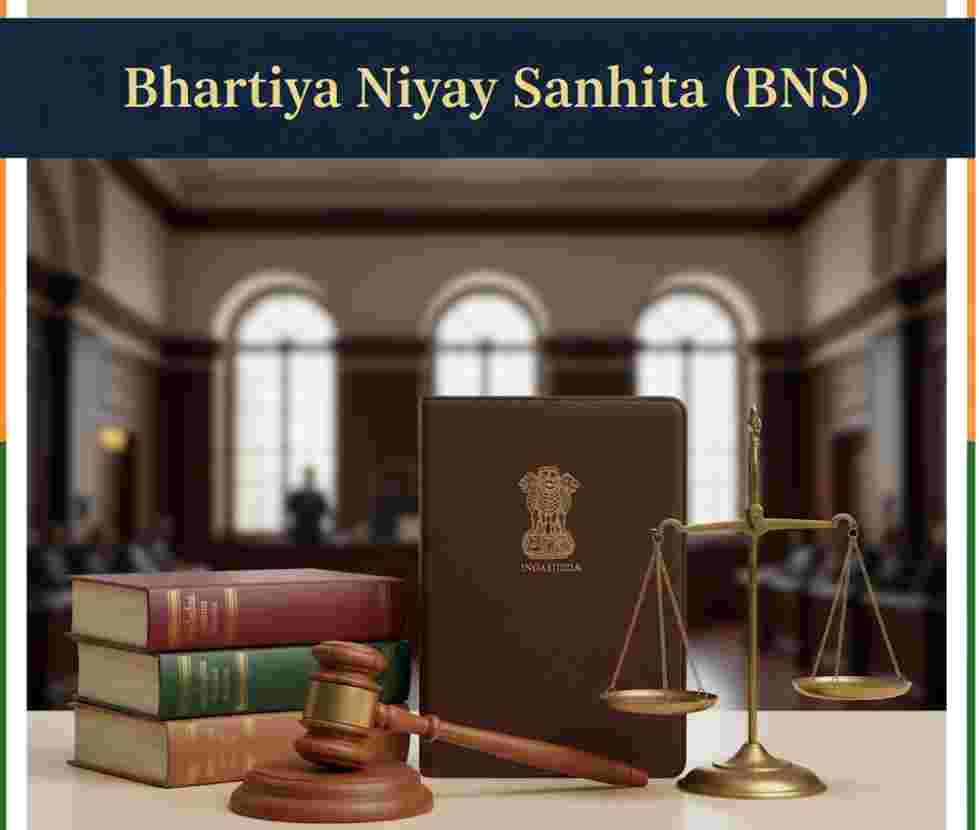
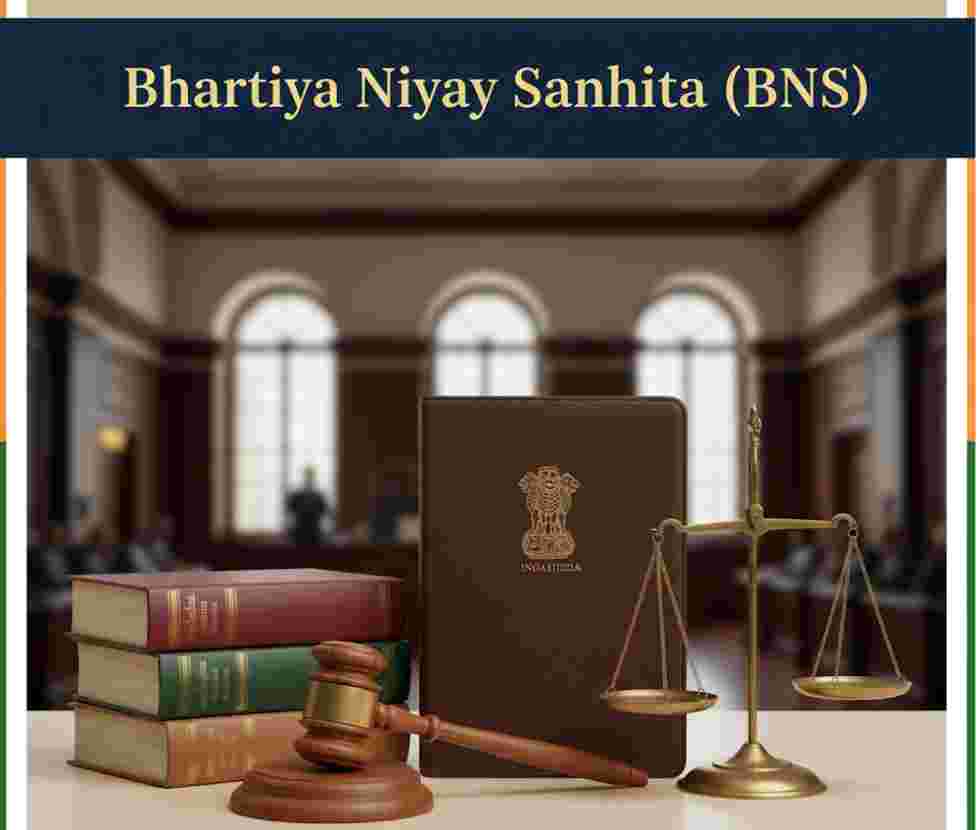
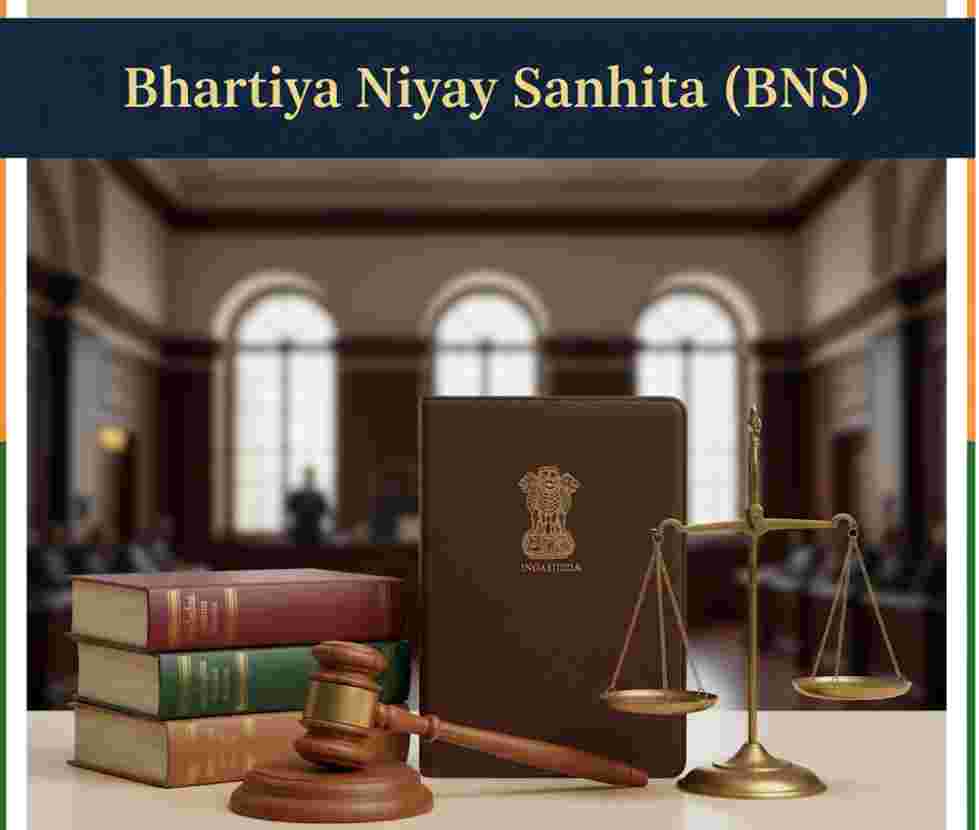
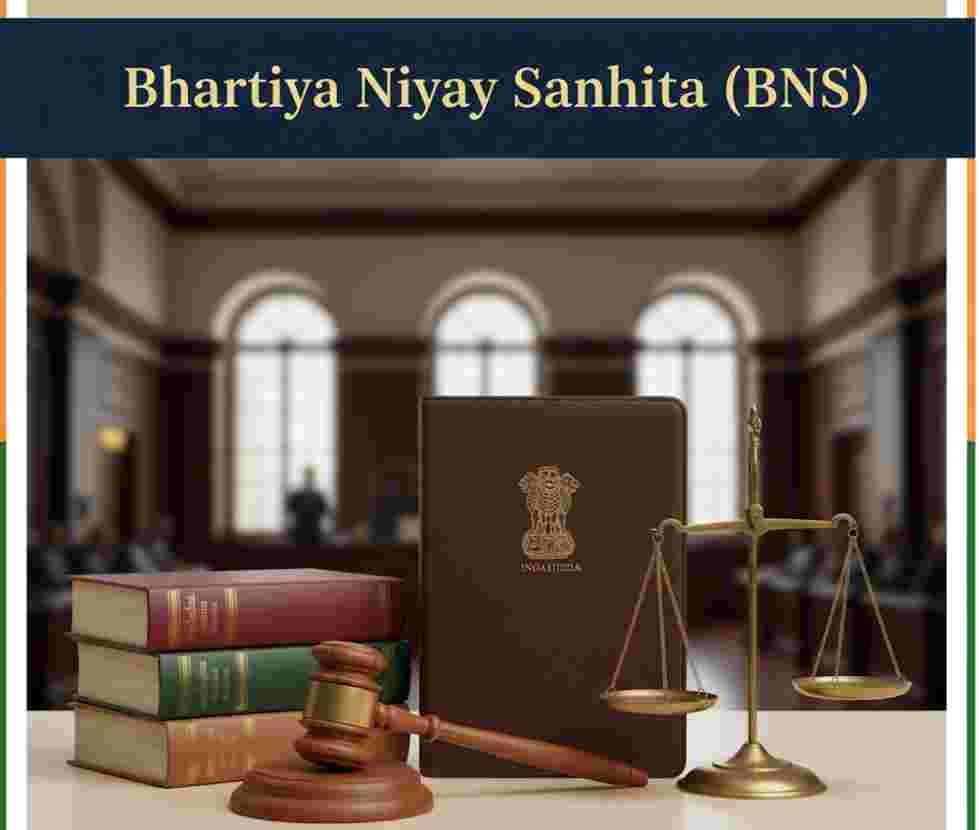
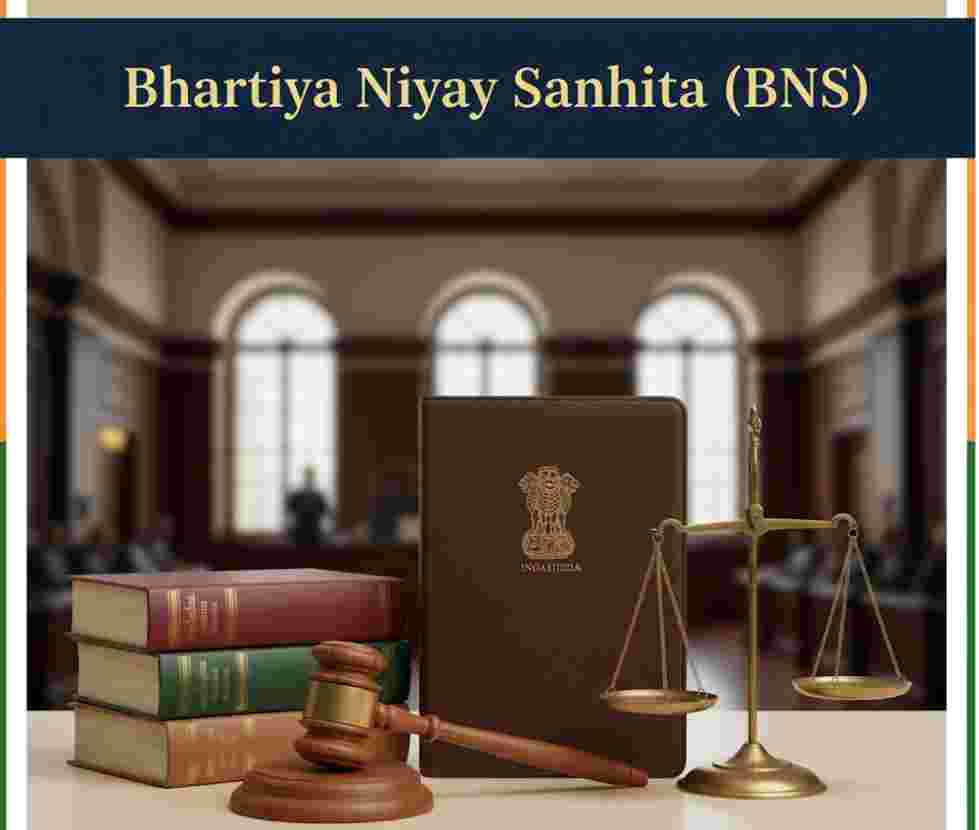
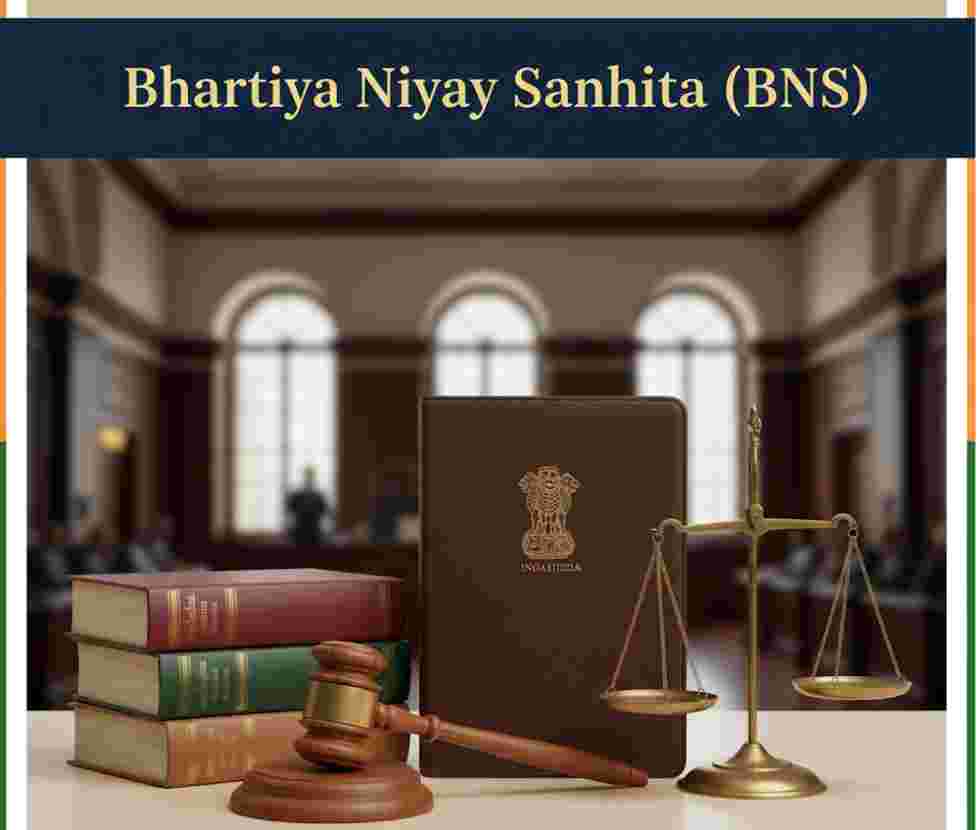
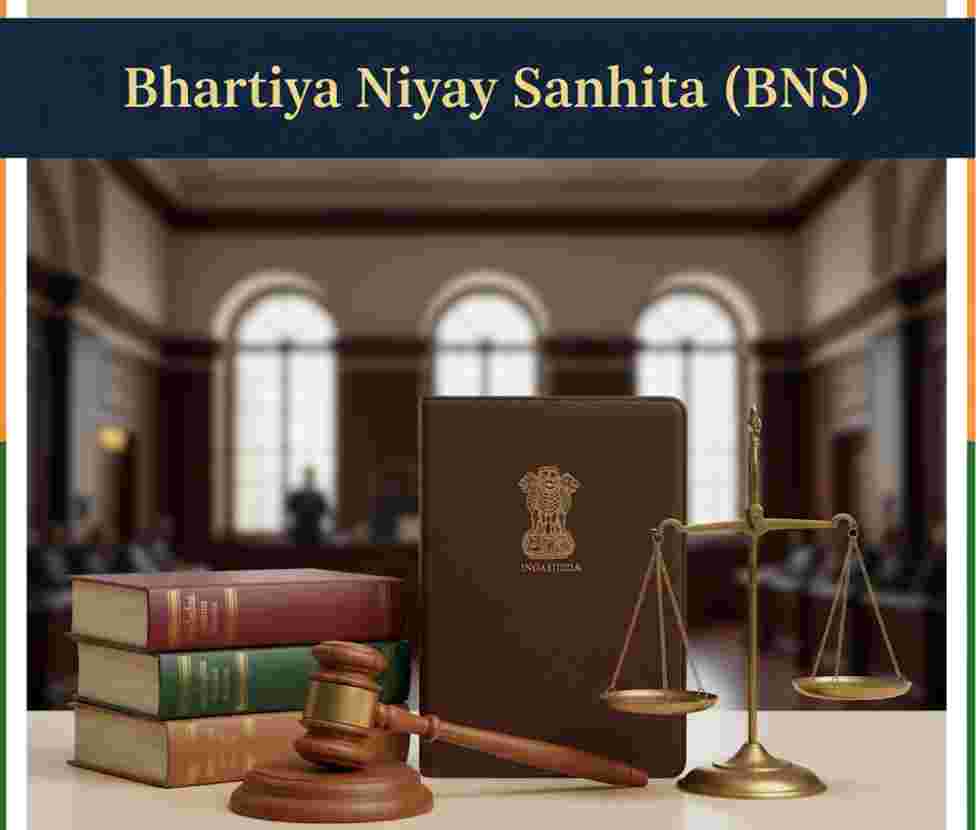


































































































Comment
Nothing for now